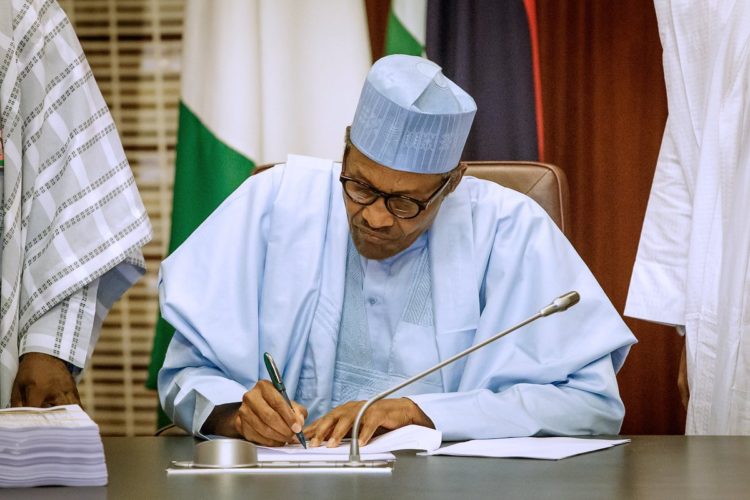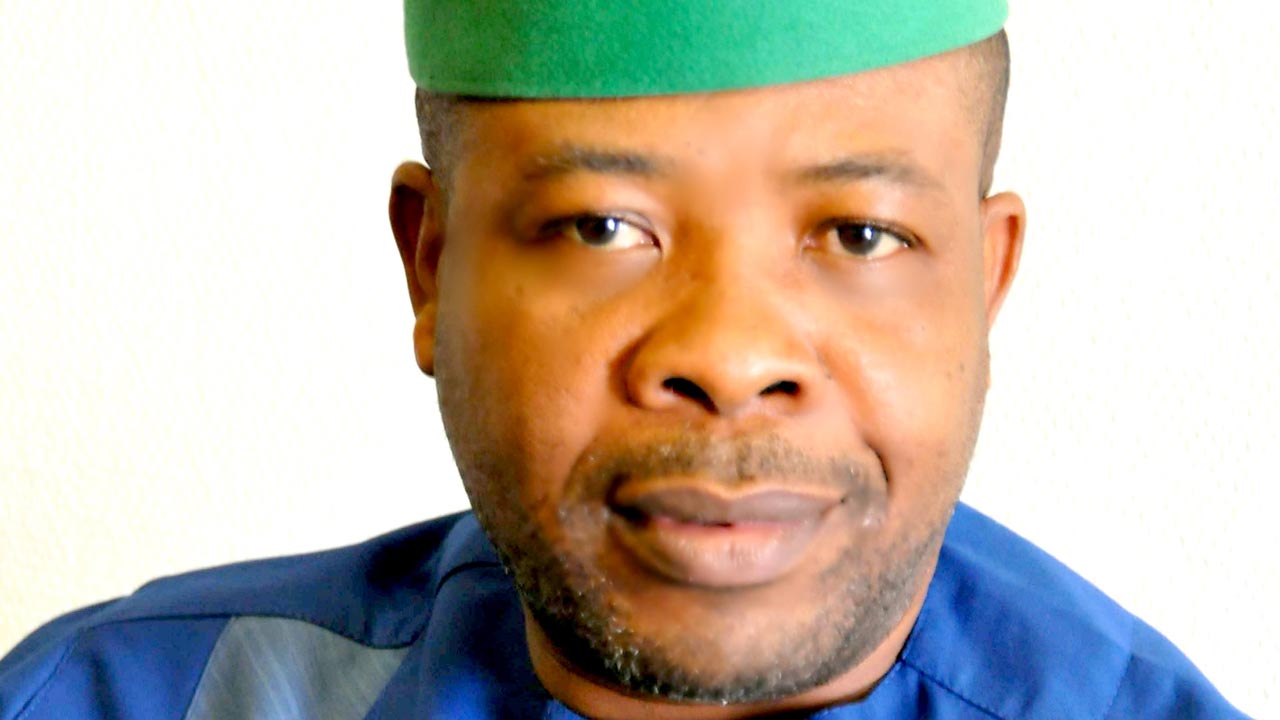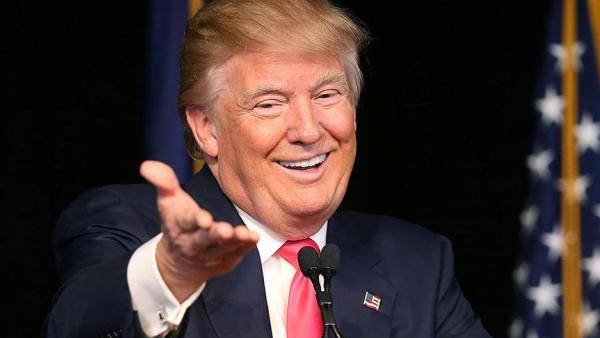The Supreme Court has rejected the request by the Hope Democratic Party (HDP) and its presidential candidate in the last election, Ambrose Owuru, seeking to re-list their appeal struck out by the court on October 3, 2019.
The court had, on October 3, 2019 struck out their appeal against the August 22, 2019 judgment of the Presidential Election Petition Court (PEPC), which dismissed the petition they filed, challenging the victory of President Muhammadu Buhari of the All Progressives Congress (APC) in the last presidential election.
On October 8 and 17 this year, HHDP and Uworo filed two application for the Supreme Court to re-list their appeal and hear it in the merit.
They argued that the October 3 decision by the court was taken based on the success of the preliminary objection raised by the APC, without hearing their appeal on the merit.
When the case was called on Monday, lawyer to HDP and Owuru, Sunday Ezema informed the court about the two applications filed by his clients.
Ezema applied to withdraw the one filed on October 8, 2019 and move the other one.
Lawyers to Buhari, INEC and APC – Wole Olanipekun, Yunus Usman and Yakubu Maikyau (all Senior Advocates) did not object to Ezema’s request to be allowed to withdraw his earlier application.
They however objected to his arguing the latter application filed on October 18, 2019 on the grounds that time has elapsed for the court to re-hear the appeal.
Olanipekun argued that by the provision of Section 285(7) of the Constitution (6ourth Alteration), the court has 60 days, from the date of judgment, to hear and determine an appeal on pre-election cases, as is the appeal by HDP and Owuru.
He added that by Section 285(9) of the Constitution, the appellants are entitled to 14 days within which to file appeal, the court cannot extend the time allowed under the Constitution.
He stressed that the time has elasped and that the court no longer has jurisdiction to hear the case.
Olanipekun prayed the court to dismiss the application, but did not ask for cost.
Usman agreed with Olanipekun and noted that the appellants’ 60 days for the court to hear and determine the appeal elapsed on October 19, 2019.
He asked the court to award substantial cost against the HDP and Owuru to deter them from further bringing such frivolous applications.
Maikyau spoke in a similar manner and also prayed the court for award punitive cost against the HDP and Owuru.
Responding, Ezema insisted on moving his application and prayed the cort to exercise its powers to extend the time for the hearing of the plaintiff’s appeal.
Justice Olukayode Ariwoola, who led the court’s five-man panel, drew Ezema’s attention to the fact that the court has ran out of time to re-hear the appeal.
Ariwoola noted that the PEPC’s judgment was on August 22, 2019 while the appeal they sought to re-list was filed on August 28, 2019.
When asked if he thought his clients were still within time, Ezema admitted that it was over 60 days, but prayed the court to extend the time for the hearing of his clients appeal.
Another member of the panel, Paul Galumje drew Ezema’s attention to the constitutional provision, which did not allow for any extension of time by the court.
On realising that he court was unwilling to shift its position, Ezema applied to withdraw his application, which the court proceeded to dismiss and refrained from awarding cost against the appellants.
Other members of the panel were Justices John Okoro, Amina Augie and Uwani Abba-Aji.
A five-man panel of the PEPC had, in a unanimous judgment on August 22, 2019, held that the first leg of the petition by HDP and Owur raised issues that were outside the court’s jurisdiction, and that the petitioners failed to prove the second leg.
In the first part, the petitioners sought to be declared winners of the last presidential election.
It was on the ground that they won a referendum purportedly conducted on February 16, the date earlier scheduled for the presidential election before it was held on February 23.
In the second part, the petitioners claimed that INEC unlawfully excluded them from the election, their candidate having been validly nominated.
The Presiding Justice, Justice Mohammed Garba, who read the lead judgment, held that the court lacked jurisdiction to hear the aspect of the petition relating to referendum.
He said the court, under Section 239(1) of the 1999 Constitution, exercises original jurisdiction in presidential election dispute to determine whether or not a person was validly elected, not the outcome of a referendum.
Justice Garba noted that the only part of Constitution where the referendum was provided for are in sections 69 and 110, which deal with the process of replacing a recalled legislator, and not for the election of a person into the office of President.
He added that the Constitution also makes provision for how the outcome of elections should be contested.
According to him, no provision exists in the Constitution that allows a petition to challenge the outcome of a presidential election by alluding to a purported referendum.
On the petitioners’ argument that INEC lacked the power to postpone an election, Justice Garba said Section 26(1) of the Electoral Act allows the commission to do so and fix dates, provided the reasons are cogent and verifiable.
“Since INEC is empowered to postpone an election and choose election date, the power to decide matters of postponement is outside the jurisdiction of this court,” the judge said.
While further holding that the court lacked jurisdiction, Justice Garba noted that since the act of postponement occurred before the election, which was held on February 23, it was a pre-election matter that should be decided at the High Court within 14 days.
“Being a pre-election matter, which is not within the jurisdiction of this court, and having not been filed within the stipulated 14 days, the jurisdiction of this court cannot be invoked to determine this case,” he said.
On alleged exclusion, Justice Garba noted that in some of the exhibits tendered by the petitioners, it was obvious that the petitioners were not truthful about their claim to have been excluded from the election.
He noted that from the final list of candidates made by INEC, which the petitioners tendered, Owuru’s name appeared as number 69, while its logo was conspicuously printed on the ballot papers.
Justice Garba held that the petitioners did not prove allegation of valid nomination and unlawful exclusion from the election.
He dismissed the petition, but declined to award cost against the petitioners as prayed by the respondents – President Muhammadu Buhari, INEC and the All progressives congress (APC).
The court, in three earlier rulings, upheld the respondents’ preliminary objections. The court held that it lacked jurisdiction to hear the petition and that it constitutes an abuse of court process.
According to the PEPC, the issues raised in the petition were similar to those raised in two suits numbered FHC/ABJ/CS/221/2018 and FHC/ABJ/94/78/2019 pending before the Federal High Court in Abuja.





